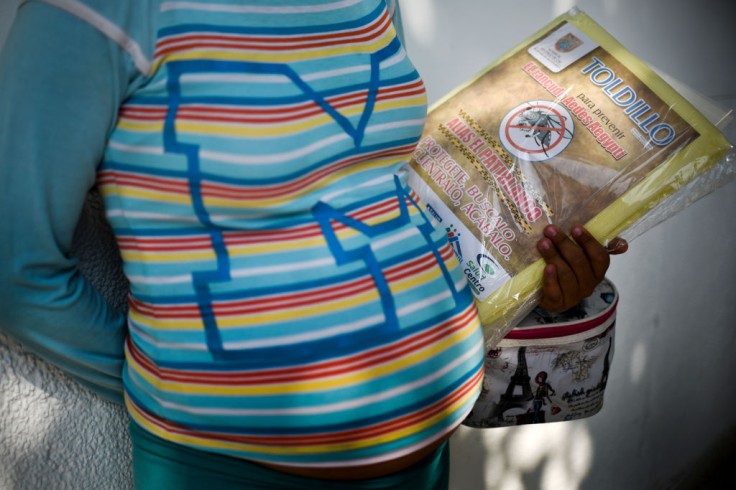
Children exposed to the Zika virus in the womb need more support as they reach the school-age despite not being diagnosed with Zika-related birth defects and congenital Zika syndrome (CZS), a new study states.
A recent study published in Pediatric Research about the effects of Zika Virus on children who were affected during the prenatal stage revealed that these kids may display differences in cognitive development, mood and mobility as compared to children who were unexposed to the virus.
The findings further concluded that Zika-exposed kids may need additional monitoring and assistance as they start to go to school and get older, Science Daily reported.
Researchers, however, stated that discovered information may have been a "measure of parents' worry rather than actual differences."
There is a risk for brain complications
The first author of the study, Dr. Sarah Mulkey, a prenatal-neonatal neurologist from Children's National Hospital, Washington, D.C emphasized that there are still many "unanswered questions" regarding the long-term impacts of Zika-exposed kids in the uterus. Yet, the discovery is crucial information, "another piece of the puzzle," as she described it, to provide insight into the neurodevelopment of children with prenatal Zika virus.
It can be recalled that there was a Zika virus epidemic in the years 2015-2017 and there were children exposed to the virus while still in the womb. It has not been clear how these children got the virus, but the study noted that there is a risk that they can develop CZS and serious brain complications as they get older, even if they were not diagnosed by these when they were in the womb or after they were birthed.
According to US News, these children who were exposed to the virus prenatally during the 2015-2017 are now at their school-age.
Read Also: WHO Confirmed Genetically Modified Mosquitoes May Be Used To Fight Zika Virus
Specific Results
The researchers headed by Dr. Mulkey gathered 55 children from Sabanalarga, Colombia, at the age of 3 to 5 who were exposed to the virus in the womb and colleagues. They examined their neurodevelopment and compared them to 70 "control children" at age 4 to 5 who were unexposed to Zika.
The assessments happened between December 2020 and February 2021.
Health professionals checked and tested the children's motor skills like manual dexterity, aiming and catching, and balance, and their readiness for school, which included knowledge of letters, numbers, colors and shapes.
Their parents, on the other hand, were asked to fill out 3 questionnaires to know information with regards to their children's cognitive function like memory and emotional control, behavioral and physical conditions like responsibility and mobility, and their parenting experience, whether or not they felt distress.
The study showed that parents of Zika-exposed children had "significantly lower levels of mobility and responsibility" as compared to those with control children. Differences, though, in cognitive function were not at all significant, Mirage News reported.
Moreover, 11 percent of parents with Zika-exposed children were discovered to have mood problems as compared to the 1 percent of those with control children. The former were also likely to express parental distress.
Professional testing, however, showed no significant differences in kids' manual dexterity from both groups, like their ability to catch an object or place a coin in a slot. Both groups also scored low on being school-ready.
Related Article: Zika Virus Cure: Is This Teenager's Science Experiment The Answer To Zika?